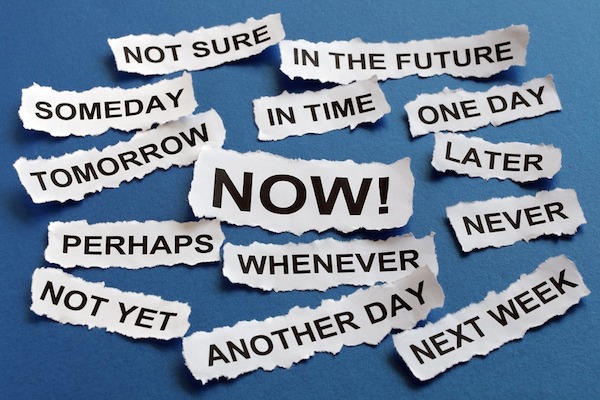As humans, we always change over the years. Our bodies, beliefs, tastes in food and clothes, the books we read, the TV shows we watch and many others. If you were to look back at yourself 10 years ago, then you’d realise that you are a very different person now than you were then.
However, some things hardly change. It may be the fact that you have either been a morning person or a night person right from your childhood. Or that you have never liked brinjals. Or maybe you never found studying history fun. Or probably you still bite your nails. These traits have been part of you for so damn long that you never thought that you could get rid of them. In fact they are part of your identity. You may have tried really hard to consciously change these traits at one point or the other. However, doing so feels like you are continuously rapping the knuckles of your automatic self and constantly keeping your brain on a high alert to avoid automatic behaviour. That is tiring and certainly not enjoyable.
However, what if it is possible to change these traits using certain methods to re-wire your brain, such that new behaviour becomes part of you? Anthony Robbins is the leader of a method called Neuro-Linguistic Programming and he believes that you can use this kind of ‘programming’ to re-wire your brain so that it behaves exactly as you want it to, without resorting to will power to rap your knuckles.





